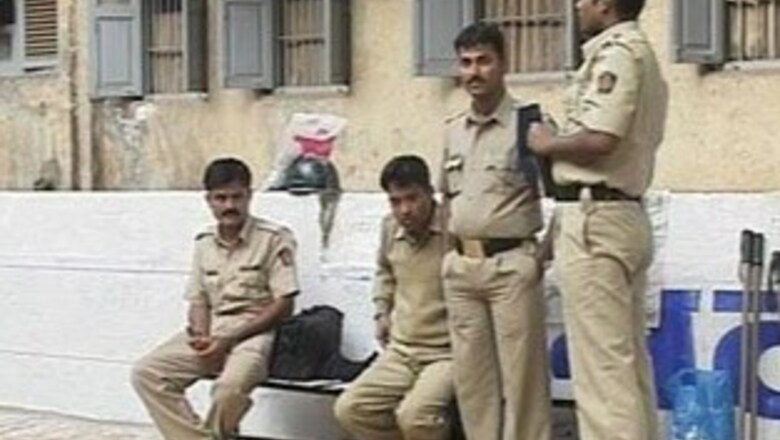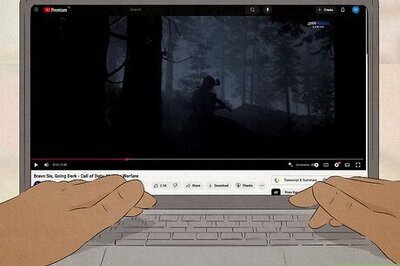
views
New Delhi: Terror laws are being seen as a weapon to fight terrorism, but what about those who practice the law? Is India's police still not a professional force? In 2006, the Supreme Court came out with some police reform directives.
One of the first directives was to ensure that the police force meant for law and order and the police force meant for investigation would not be one and the same. This would have ensured that the police probing the Malegaon blasts were not pressed in to fight the terrorists.
Some other reforms were:
Set up of a police establishment board to decide all transfers, postings and promotions of officers below the rank of deputy superintendent.
Set up a National Security Commission to prepare a panel for selection and placement of chiefs of the central police organisations.
Police chiefs should only be given a tenure of two years.
Set up an independent police complaint authorities to look into public complaints against police officers and set up of state security commissions.
All these directives were spelt out in 2006, 10 years after two former DGPs N K Singh and Prakash Singh filed a PIL in this regard.
What the Government has done so far is to set up a law drafting committee under former solicitor general of India Soli Sorabjee which has submitted a draft Model Police Act to the ministry.
Just 10 states have assured the court that they would implement the directives in their new police legislation. India still follows the Police Act of 1861, a law which was drafted in colonial times.


















Comments
0 comment